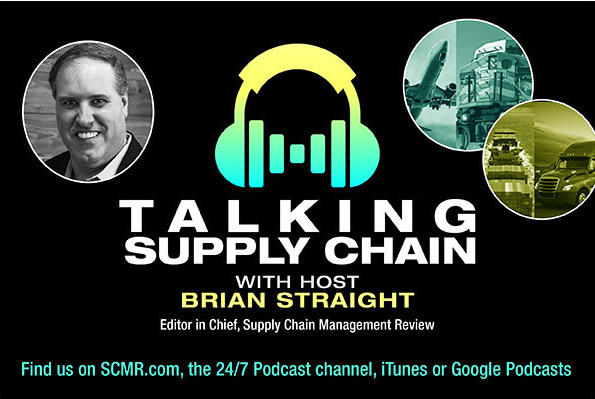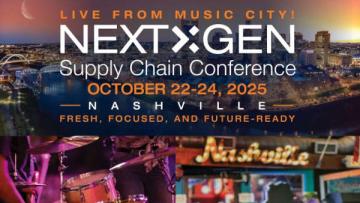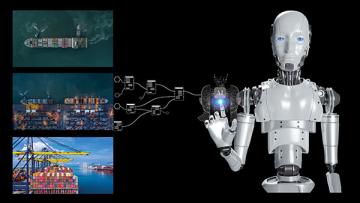According to a November 12, 2024, CIO Dive article that cited a survey by Slack, adoption of AI by employees is cooling off globally even as enterprises are pushing forward with their AI projects. Nearly half of employees responding to the survey hide their use of AI from their managers. The reasons cited include that employees do not want to be viewed as being incompetent, lazy, or cheating in the eyes of their bosses.
I can imagine that this is a challenge for managers and employees around review time. How can a manager know that an employee is utilizing their own skills and not AI for completing tasks? How can an employee convince a manager that they are up to their assigned tasks, capable of more responsibilities, and ready for promotion, and not relying on AI? Unless the employee’s assigned role specifically includes the use of AI and the employee is being graded on their knowledge and skill in using AI, this differentiation is a fuzzy line.
As AI becomes introduced and ingrained into the workplace and work functions, I think it necessitates that human resources professionals get involved to update job descriptions and set the right expectations for job performance. AI—as a technology tool to perform a job function—can be viewed in this context as being (or becoming) no different from Excel, Word, PowerPoint, or Outlook: core technology applications that are fundamental to know in a modern work environment. Deciding which AI application, based on its availability in the enterprise and how it should be used, is where further definitions of the expectation are required.
With the right expectations on how AI should be used, the adoption of AI within the enterprise will be more accepted. As noted in the Slack survey, enterprises are facing roadblocks in implementing AI and are having challenges with scaling use cases. While there are certainly various reasons for this, one can absolutely find people’s hesitancy or full rejection of AI as a root cause if it is going to have a negative impact on their job performance.
I’m sure that many people at work use AI “in the shadows” and keep it a well-kept secret. But as executives push AI initiatives and IT departments deploy AI and AI-enabled systems, true adoption and engagement needs to keep pace. Getting the human resource professionals involved to ensure that managers and employees are both aligned on how the use of AI should be applied to job roles is a good place to start. Once again, the solution relies more on people and processes rather than the technology itself to be successful.
The full CIO Dive article can be found at: https://www.ciodive.com/news/workplace-AI-adoption-growth-rate-slows-Slack/732595/
SC
MR


More Artificial intelligence
 Explore
Explore
Topics
Business Management News
- C.H. Robinson rolls out AI agent to address LTL classification overhaul
- Danone latest to announce new US investment
- From flight decks to fulfillment: A veteran’s supply chain journey
- Employee versus enterprise AI adoption
- Uber Freight’s Val Marchevsky to deliver Keynote at NextGen Supply Chain Conference
- Unlocking the green grid: Innovations for eco-friendly last mile
- More Business Management
Latest Business Management Resources

Subscribe

Supply Chain Management Review delivers the best industry content.

Editors’ Picks




